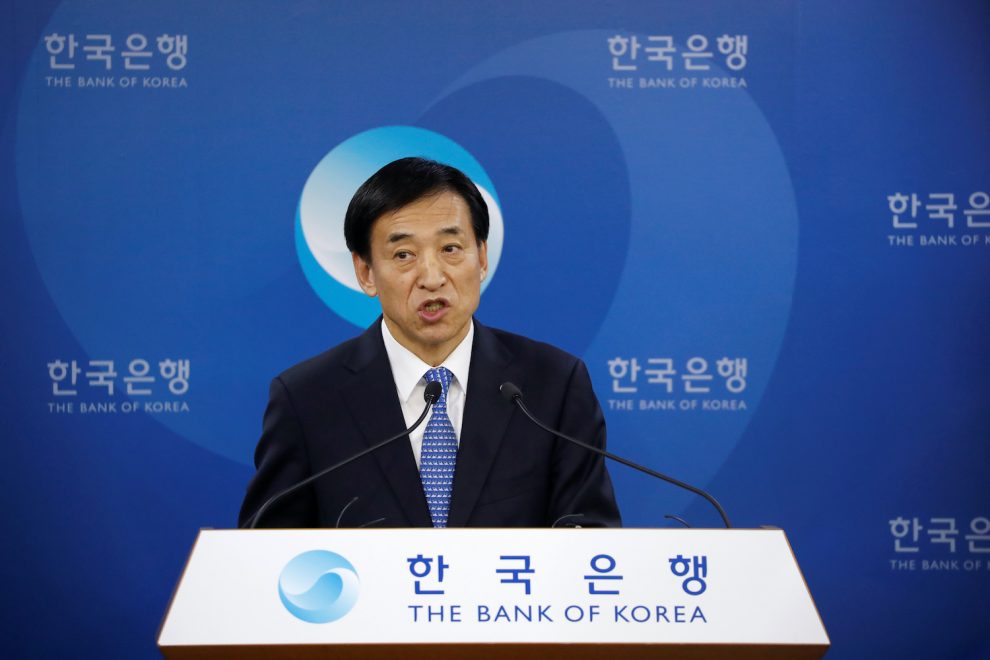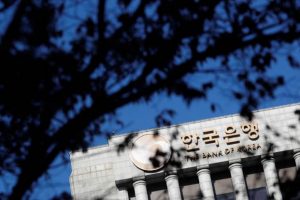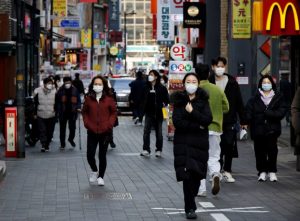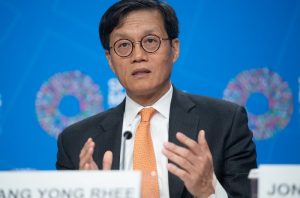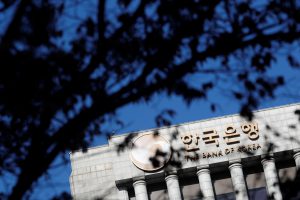South Korean inflation rose at its fastest pace in almost a decade, shocking economists with a 3.7% year-on-year rise in November.
Inflation has now exceeded the central bank’s 2% target for eight straight months.
In August, South Korea became the first big Asian economy to raise interest rates when the Bank of Korea (BoK) raised the benchmark rate to 0.75% from a record low of 0.5%.
Last week the benchmark interest rate was raised again to 1%. Barclays expects the BoK to raise rates again in February and August 2022.
November Surge
Analysts ascribe the November surge in the consumer price index to rises in food and oil prices in a country that depends heavily on imports.
“The large upside surprise was due to lagged pass-through of a fuel tax hike,” Angela Hsieh, a Barclays analyst in Singapore, said.
“We now forecast headline inflation will average 2.4% in 2021 and 2.1% in 2022. The central bank had forecast 2.1% and 2.0%.”
The South Korean economy faces a period of uncertainty amid a recent surge in Covid-19 cases.
Daily coronavirus numbers rose to a new high on Thursday, as authorities halted quarantine exemptions for fully vaccinated inbound travellers for two weeks in a bid to fend off the Omicron variant.
The Korea Disease Control and Prevention Agency reported 5,266 cases for Wednesday, a day after the daily tally rose above 5,000 for the first time amid concerns over a sharp rise in patients with severe symptoms.
- George Russell and Reuters
ALSO SEE:
South Korea Raises Interest Rate For 2nd Time In Three Months
South Korea Faces ‘Japanification’ Risk, Says Nomura
South Korea Targets Apple Over New App Store Regulation




